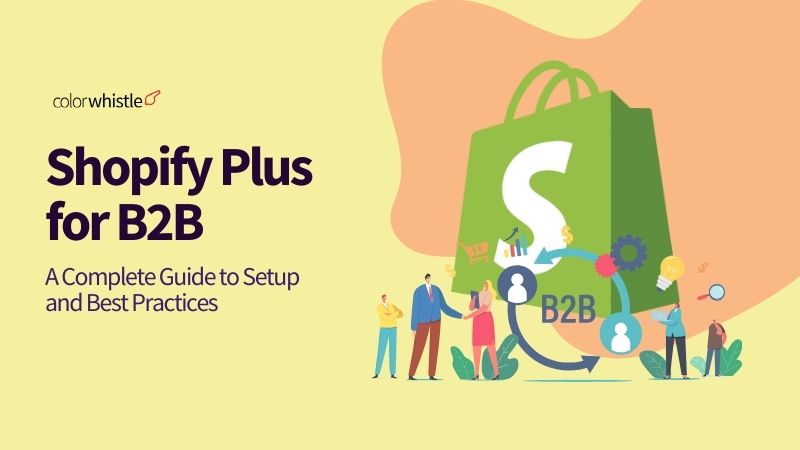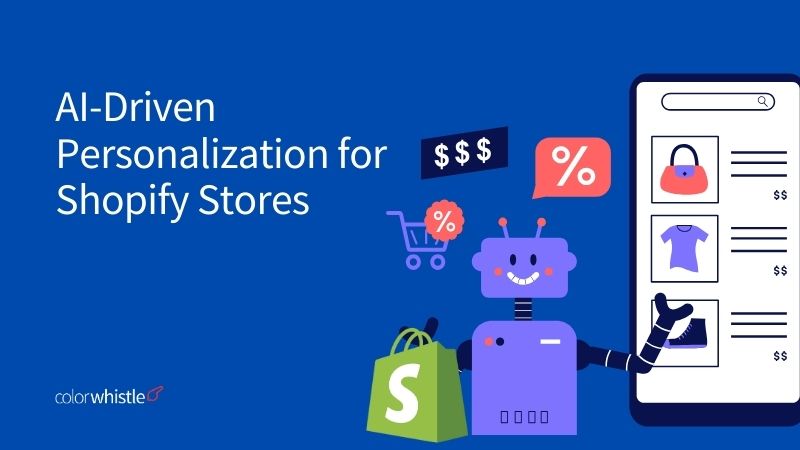AI Summary
Key Highlights of Shopify Plus Setup and Best Practices
This post explores how Shopify Plus empowers B2B e-commerce businesses by streamlining complex operations. The key insight: Shopify Plus integrates advanced features like custom pricing, company-specific catalogs, flexible payment terms, and order management into one platform. It guides readers through step-by-step setup, including managing companies, pricing lists, customer accounts, checkout, and payments. Designed for B2B merchants and wholesale operators, it offers scalable solutions to improve efficiency and customer experience. The post encourages using best practices and professional Shopify Plus development services to drive growth and operational success in competitive markets.
In today’s competitive market, businesses are constantly looking for ways to enhance their operations and expand their reach. For B2B companies, having the best e-commerce platform is crucial. Shopify Plus offers an advanced solution specifically for B2B needs, enabling businesses to streamline operations, manage large orders, and provide improved customer experience. In this guide, we’ll walk you through the steps to set up Shopify Plus for B2B.
If you need clarification about the difference between Shopify and Shopify Plus, we have a blog titled Shopify vs. Shopify Plus: Essential Features for Merchants to Know. If you want to avoid the work being done by yourself then contact us, we have dedicated Shopify Plus website developers.
Business to Business (B2B): This refers to transactions where one business sells products or services to another business. In B2B transactions, companies sell products or services to other companies. These transactions typically involve wholesale distribution, manufacturing, or supply chain operations.
Challenges in B2B E-commerce
Understanding the specific challenges of B2B e-commerce is important before exploring the benefits of Shopify Plus. By identifying these issues, it becomes clear how Shopify Plus can provide the solutions needed for success:
- Complex pricing structures: Dealing with volume-based discounts, tiered pricing, and custom quotes.
- Large order quantities and complex shipping: Managing bulk orders and accurate fulfillment.
- Customer-specific catalogs: Providing custom product catalogs to different customer segments.
- Credit terms and payment options: Offering flexible payment terms and managing accounts receivable.
- Strong customer relationships: Building trust and loyalty with business customers.
Also Read
Why Choose Shopify Plus for B2B?
Shopify Plus is an enterprise-level e-commerce platform designed to handle complex business operations. Shopify Plus for B2B eCommerce is a comprehensive solution that allows owners to manage the wholesale business seamlessly within the Shopify Plus platform. It’s not a separate platform but an integrated feature that is available exclusively to Shopify Plus merchants. It offers several features that make it ideal for B2B eCommerce businesses, including:
Scalability
Handle large volumes of orders and traffic without compromising performance.
Customization
Tailor the platform to meet unique business needs with customizable themes and functionalities.
Automation
Streamline repetitive tasks with Shopify Flow, an automation tool that saves time and reduces errors.
Integration
Seamlessly integrate with various third-party tools and systems, such as ERP, CRM, and accounting software.
Dedicated Support
Access 24/7 priority support and a dedicated launch manager for assistance in getting started.
Advanced Security
Benefit from advanced security features, including PCI compliance and SSL certification, ensuring business and customer data protection.
Did you know:
41% of global shoppers expect to receive their online purchases within 24 hours.
Step-by-Step Setup: Setting Up Shopify Plus for B2B
Step 1: Accessing the B2B Section
- Log in to the Shopify admin.
- Go to the “Customers” section.
- Find a new section labeled “Companies.” This is where B2B customers are managed.
- Click the “Add Company” button.
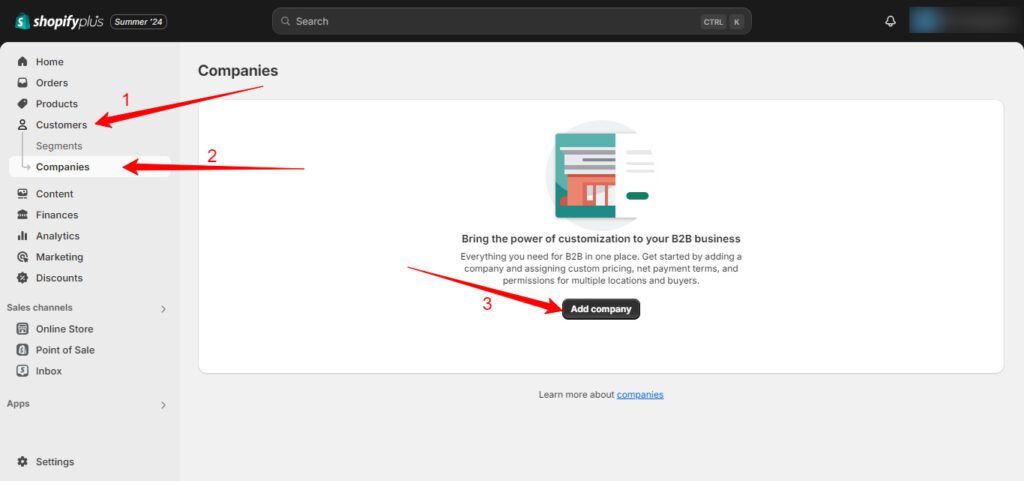
Step 2: Adding Companies
- Enter the company name, ID number (optional), and primary contact information.
- Assign a shipping location for the company.
- Determine payment terms and checkout preferences.
- Provide the company’s tax ID number (if applicable).
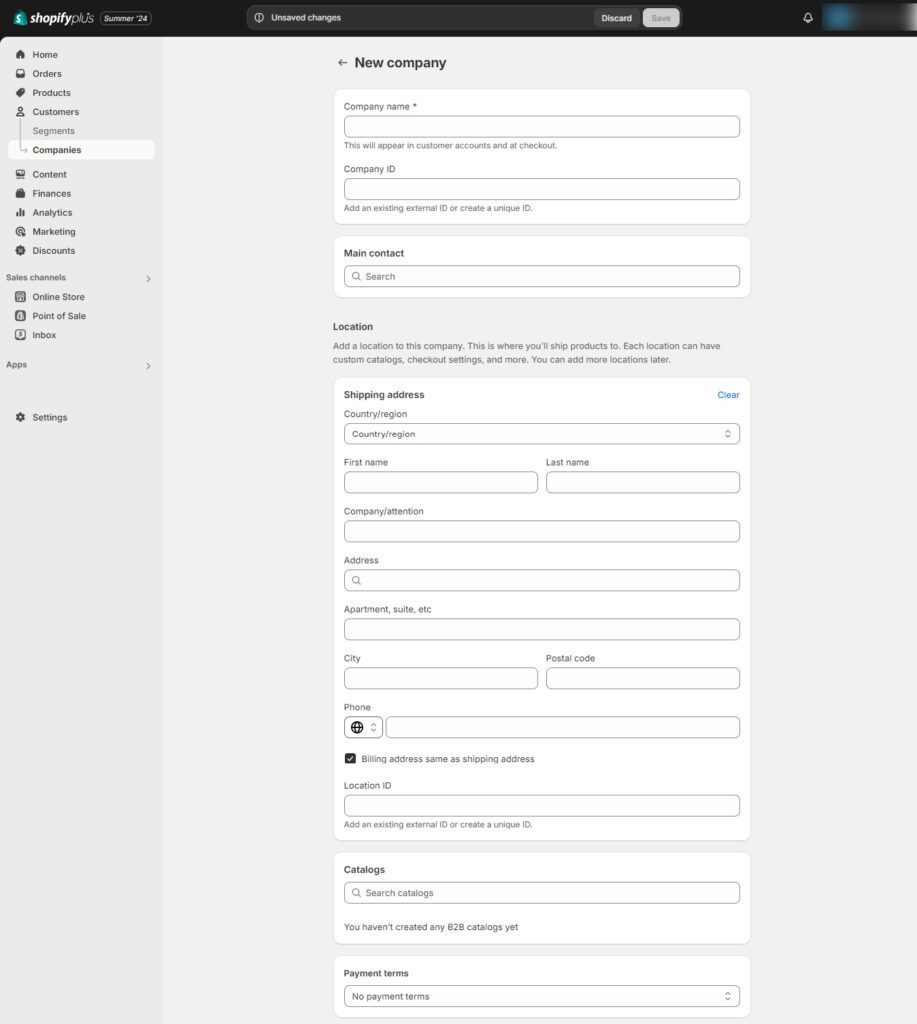
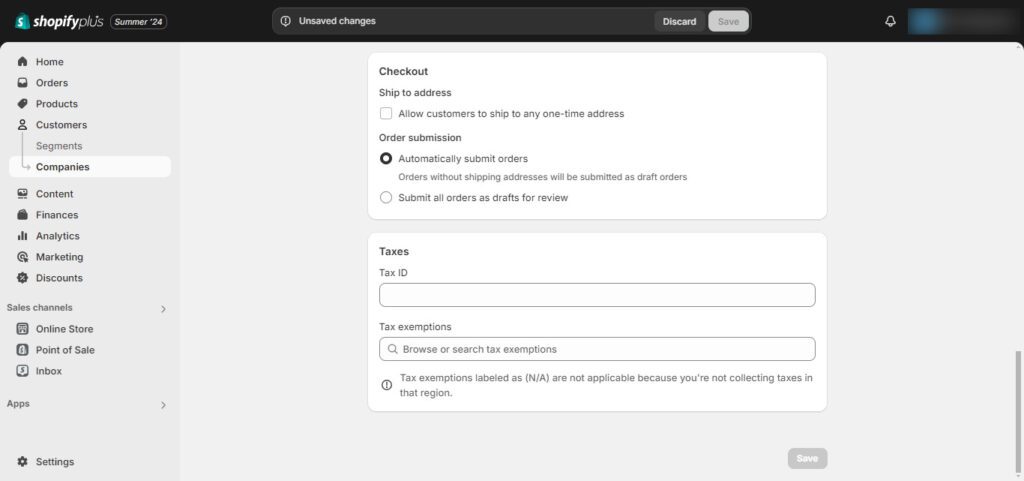
Also Read
Step 3: Creating Price Lists:
- Go to the “Catalogs” menu and select “All products” or “Specific products.”
- Click “Continue.”
- Give the price list a name (can apply to a specific company or a group of companies).
- Specify the price adjustment (increase or decrease).
- Click on “Company locations” to pick a company from the list.
- Click on the “Save” button after selecting the company.
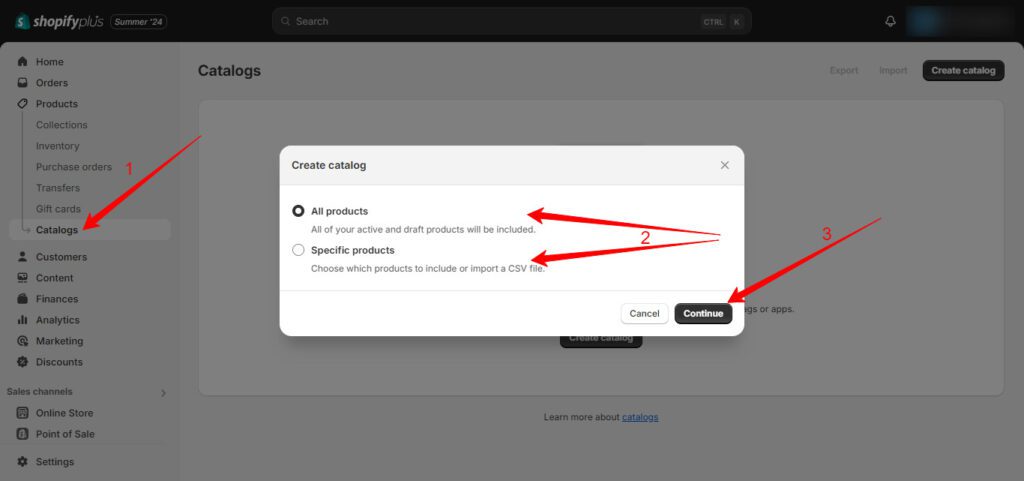
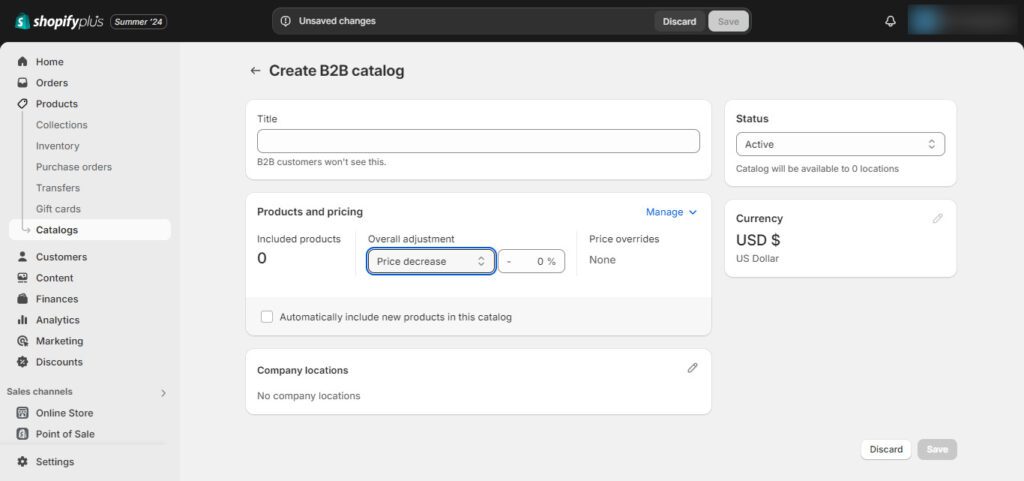
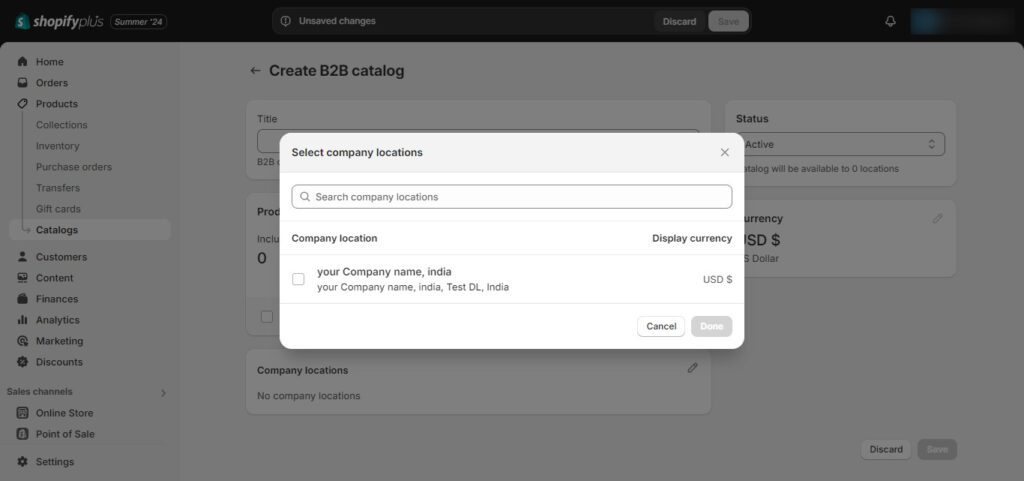
Special Pricing on individual Items
- Click on “Manage products and pricing”
- Click on the product price that needs to be overwritten and change the value. Now the price changes only for that particular product.
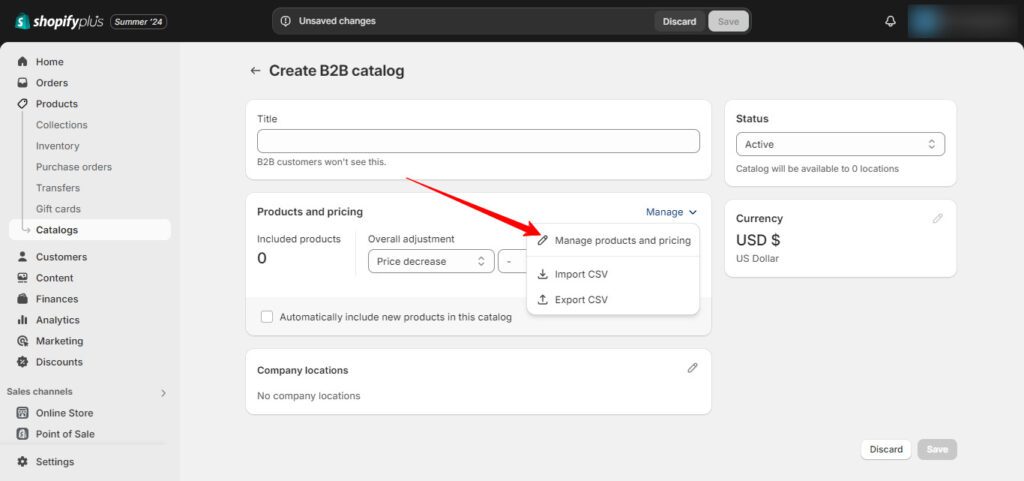
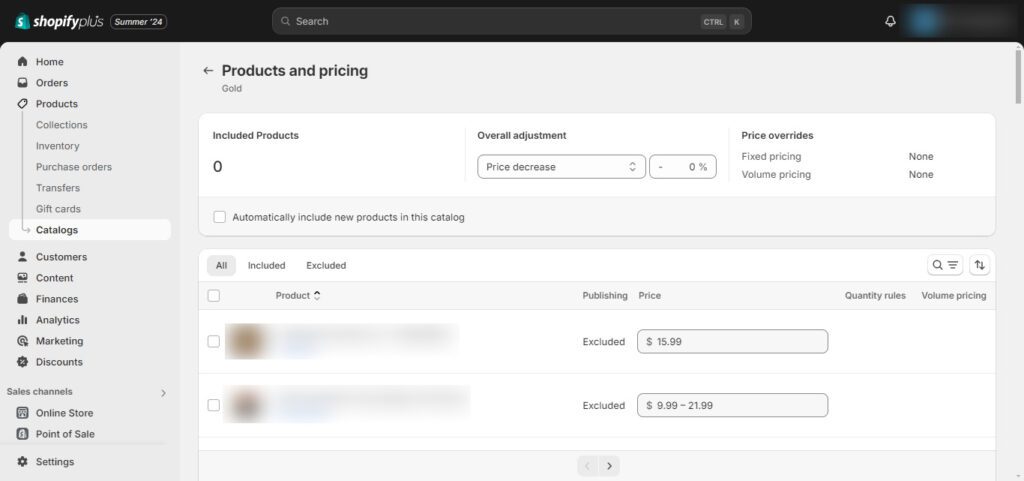
Step 4: Managing B2B Customers:
- Ensure customers are associated with the correct company to receive appropriate pricing.
- Click on “Settings” and a popup will open from the bottom.
- Then click “Customer Accounts” from the menu on the left side.
- Enable the “Show login links” option.
- Choose the “New” or “Classic” customer login based on the needs.
- In “New” the customer can log in to the store with a unique code sent to their email.
- In “Classic” the user needs to create an account with an email and password to log in.
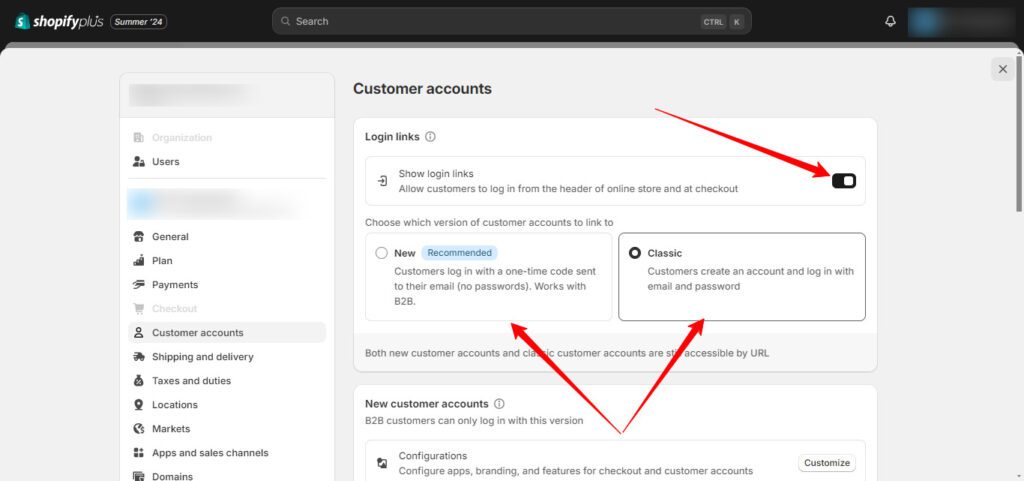
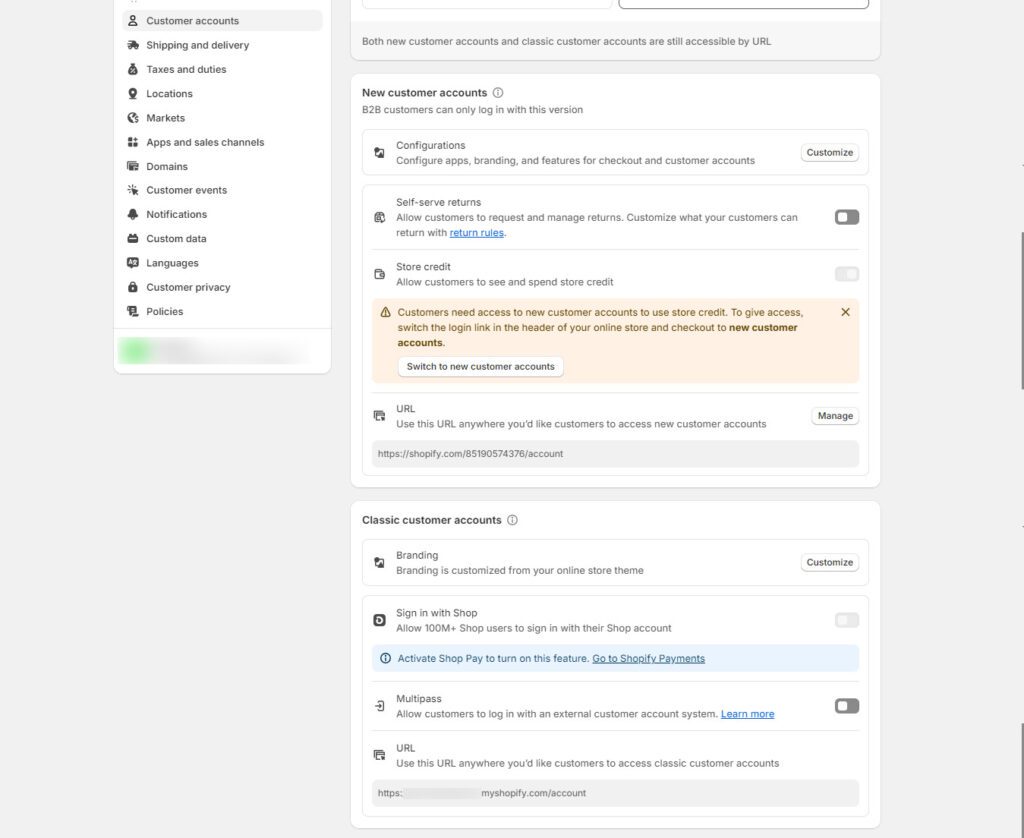
Step 5: Checkout and Payment:
- B2B customers will see pricing based on their assigned price list.
Prices for normal customers (B2C):
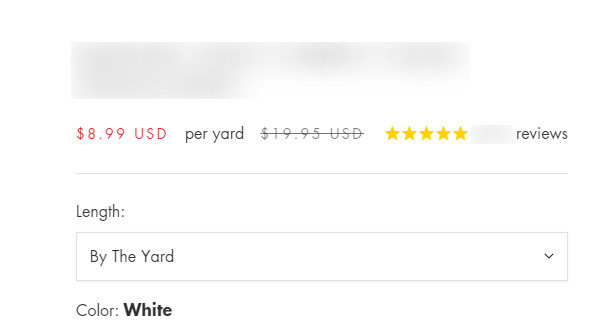
Price for B2B customers:(30% discount applied)
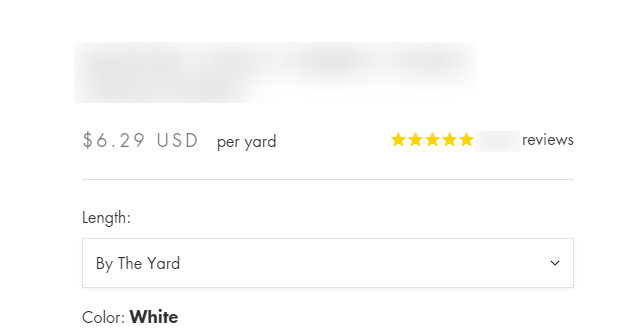
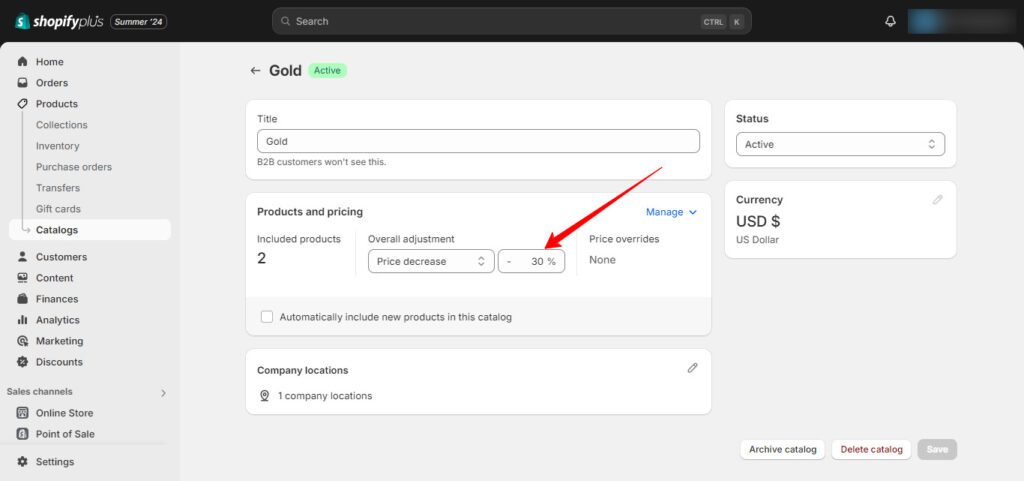
- Payment terms can be configured, allowing for options like net 30 or other arrangements.
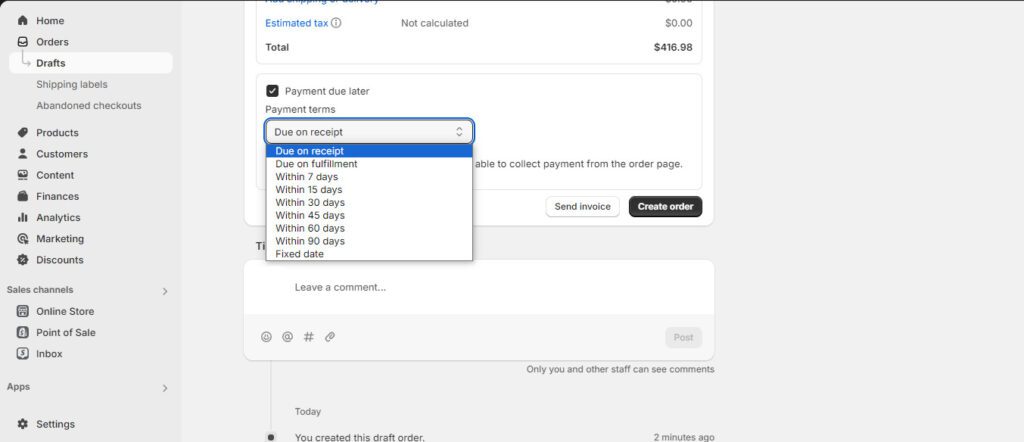
- Checkout will pre-fill shipping information based on the company’s address.
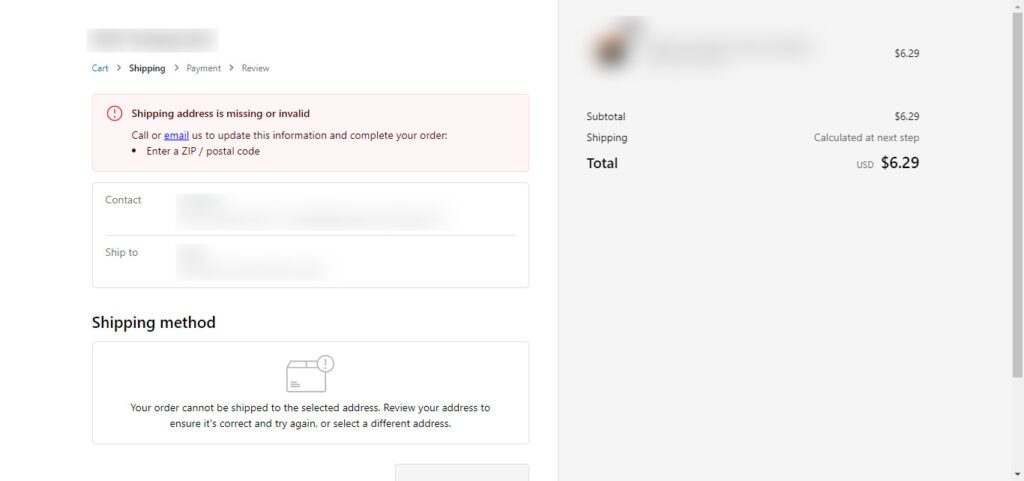
- Shopify Plus provides tools to collect payments, send invoices, and track order status.
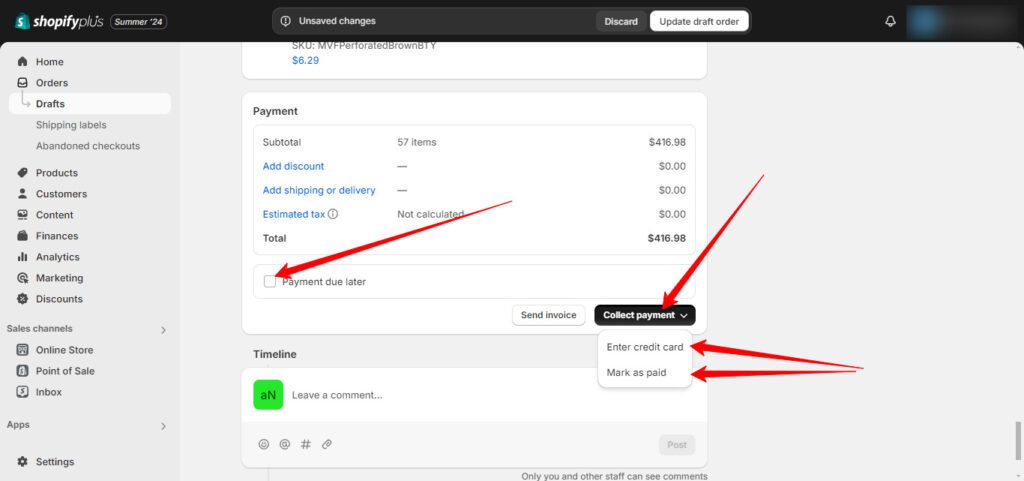
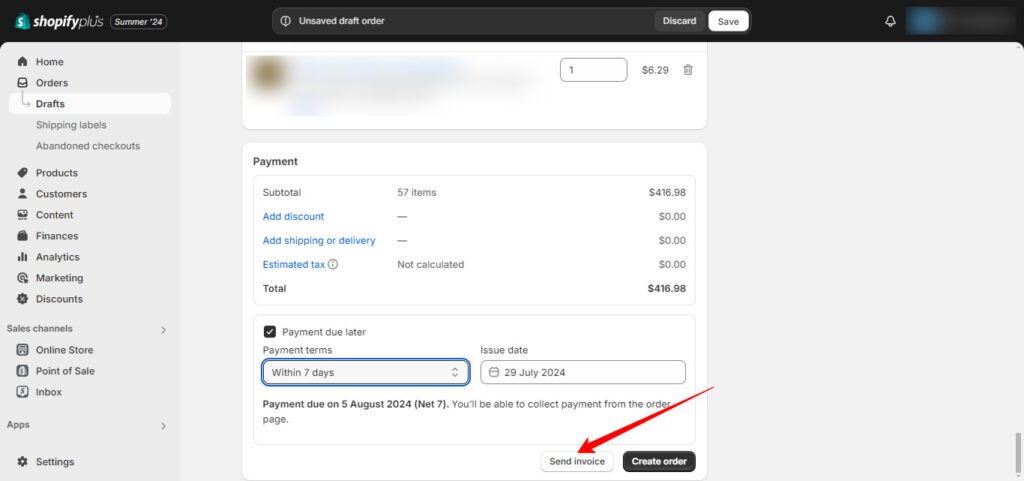
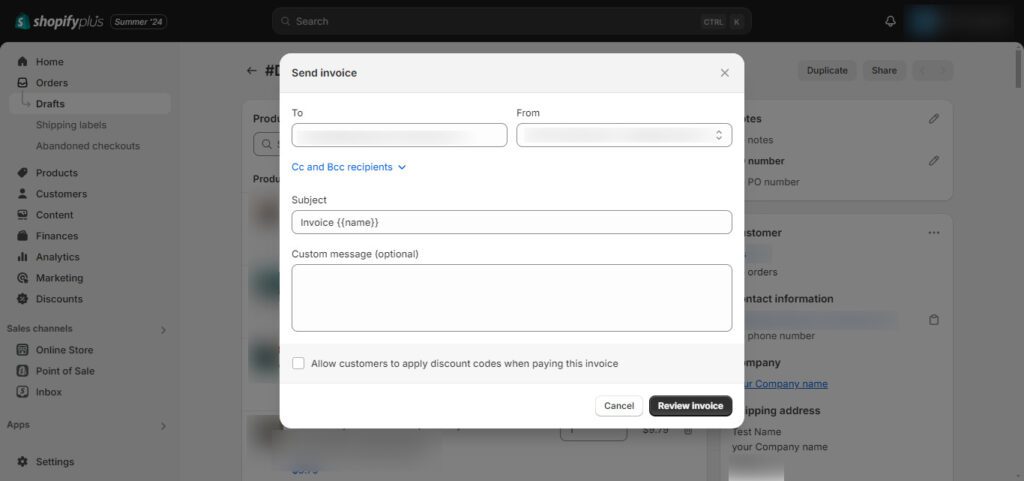
Step 6: Order Management:
- View and manage orders for each B2B company directly from the “Companies” section.
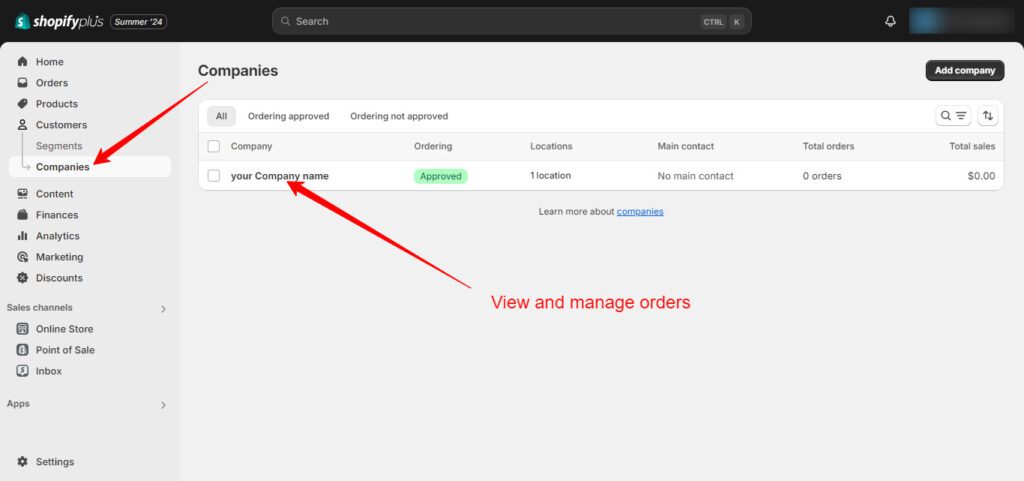
- Create new orders for existing customers with pre-filled information.
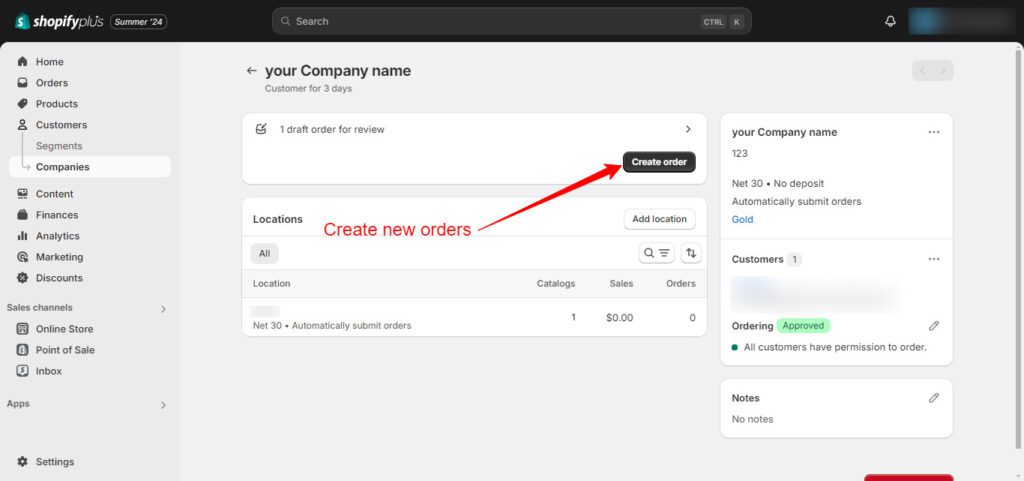
- Use the “Buy Again” feature for repeat orders.
Did You Know:
By 2026, the gross merchandise value (GMV) of B2B eCommerce is projected to exceed $1.8 trillion.
Best Practices for B2B Success
Optimize product information
Businesses should provide comprehensive product descriptions, detailed specifications, and high-quality images to effectively showcase offerings. This information helps potential customers make informed purchasing decisions.
Personalize customer experience
Matching products and services to individual customer requirements is essential. Data analytics can identify customer segments, enabling businesses to provide personalized product recommendations, promotions, and messaging. This approach increases customer satisfaction and loyalty.
Build strong customer relationships
Outstanding customer service, marked by quick and effective support, is essential. Businesses should focus on resolving customer questions and issues to have lasting relationships and build trust for continuous growth.
Make use of Data Analytics
Data analytics can provide valuable insights into customer behavior, purchasing patterns, and market trends. Businesses should utilize these insights to optimize marketing strategies, improve product offerings, and enhance overall performance.
Stay updated with trends
Continuous monitoring of industry developments, emerging technologies, and customer preferences is essential to stay ahead of the competition. Businesses should modify their plans to find new opportunities and dominate the market.
Offer multiple contact channels
Providing customers with various communication options, such as phone, email, and live chat, allows for easy and quick interaction. This enhances customer satisfaction and builds trust.
Wrapping Up
Shopify Plus provides a scalable solution for B2B eCommerce businesses, offering features to meet the complex needs of wholesale and business operations. By using its advanced tools and following best practices, companies can streamline their processes, enhance customer relationships, and drive growth. If you’re looking to develop your Shopify B2B eCommerce store, ColorWhistle provides Shopify development service. To assist contact us at +1 (919) 234-5140, our experts are here to guide you every step of the way.
What’s Next?
Now that you’ve had the chance to explore our blog, it’s time to take the next step and see what opportunities await!

